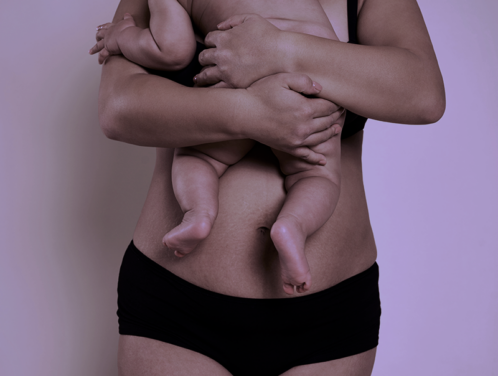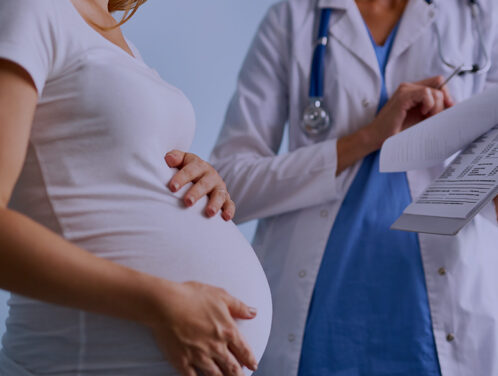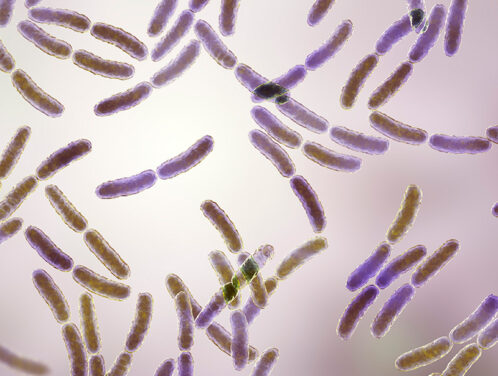After delivering a baby, your body has undergone a momentous feat. No wonder there will be some differences. Of course, proper postpartum care should include multiple check ups with your doctor — this is a good place to raise any concerns and to ensure you are recovering effectively. Additionally, every woman has a different experience before, during and after childbirth, so there are no hard-and-fast rules about what to expect. That said, here is some general information about postpartum vaginal health.
Size and Shape: Women who gave birth vaginally will of course experience changes to their vagina. But even women who deliver via C-Section may find that things seem a little different after. The vagina may appear wider and swollen immediately following birth, but will likely subside within a few days.
Vaginal Tearing: It’s especially common for women to experience vaginal tearing during birth, and sometimes, OBs might have to make an incision during delivery. If so, it might take some time, up to a few weeks, to heal. Meanwhile, you can sit on a donut pillow or padded ring, use an ice pack, gently squeeze a bottle of warm water over your perineum, take an over the counter pain reliever, and talk to your doctor about using a laxative to make bowel movement easier.
Discharge: After delivery, you will likely experience a vaginal discharge called lochia for a few weeks, made up of blood and the membrane that lines your uterus. Moms who deliver via C-Section usually have less discharge. It will taper off from a heavy red flow with a few small blood clots to a light pink or brown watery discharge. What’s not normal is heavy bleeding after delivery. Contact your doctor right away if you’re changing pads frequently and have pain and/or fever.
Contractions: You might feel the occasional contraction called afterpains within the first days after delivery. They’re normal and help to prevent excess bleeding. They also are common during early days breastfeeding.
Incontinence: If you’ve ever sneezed or laughed during your late pregnancy and a little urine leaked out, you know that incontinence can be a common experience. Then, it was likely happening because the baby was pushing on your bladder. Now, it’s due to stretched pelvic floor muscles from delivery. Try Kegels three times a day to get your pelvic floor muscles back into shape. Any incontinence should subside by your postpartum checkup.
Hemorrhoids: Painful bowel movements and swelling around the anus could mean hemorrhoids. All that pushing during delivery is the likely culprit. But this too shall pass. Talk to your doctor for their recommendations on a high-fiber diet and using a gentle laxative. You can also apply an over the counter hemorrhoid cream or ointment or try soaking your bottom in warm water for fifteen minutes several times per day.
Vaginal Infections: Since pregnancy and childbirth affect the vaginal microbiome and balance of bacteria in the vagina, you can be more susceptible to infections like uterine infections, yeast infections, and urinary tract infections. Some symptoms include fever, chills, frequent urination, and a feeling of illness. Talk to your doctor if you suspect any postpartum infection.
Menstruation: If you breastfeed, you may not get your period back until after your baby weans— you can still get pregnant, though, so take precautions! If you’re not breastfeeding, you likely will start your period six to twelve weeks after delivery, and your first few may be irregular.
Painful Sex: Most doctors recommend waiting four to six weeks after giving birth to try vaginal sex. It’s common to experience painful intercourse when you resume sex after delivery. In fact, one study found 37.5 percent of women reported pain after sex six months postpartum. Experts say to take things slowly, consider a water-based lubricant, and communicate with your partner about any pain. Talk to your OB-GYN about other solutions if painful intercourse persists.
Childbirth is a momentous feat showcasing the incredible strength and resilience of a woman’s body. During the postpartum period to follow, it’s important to give yourself grace and let your body heal and adjust during this time. Communicate with your physician about your concerns and make sure you follow their directions when it comes to postpartum care.






